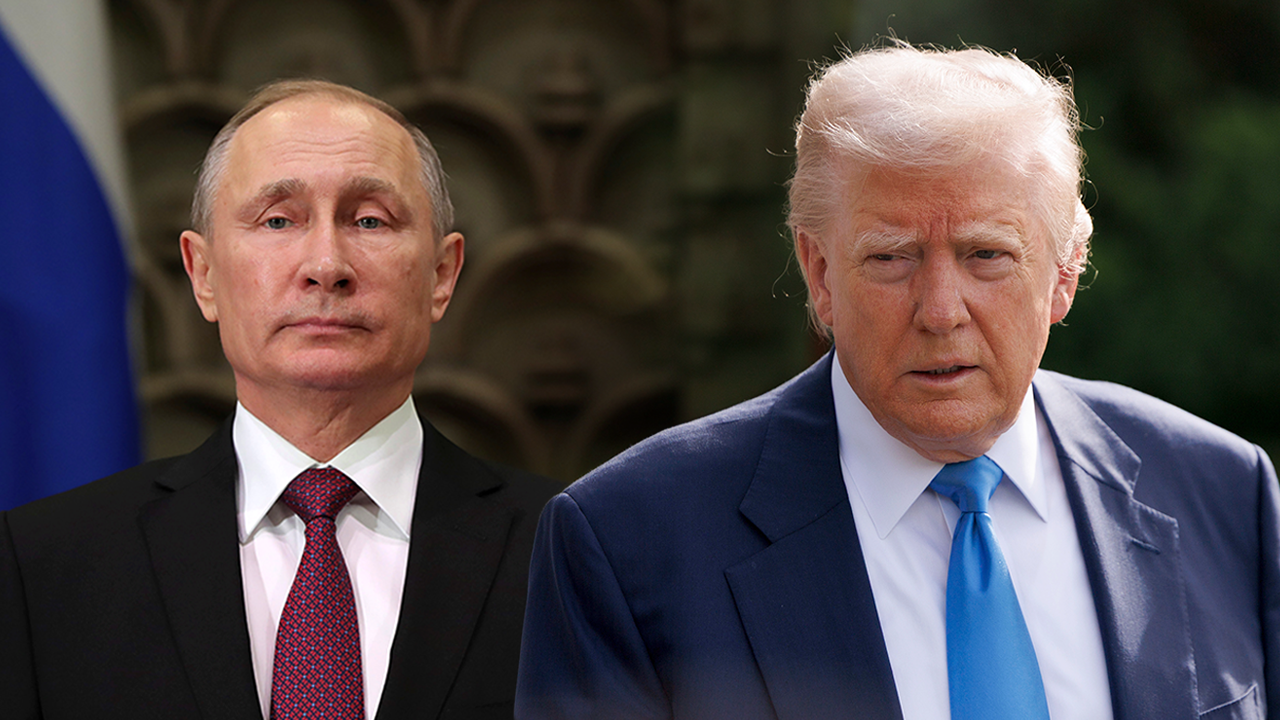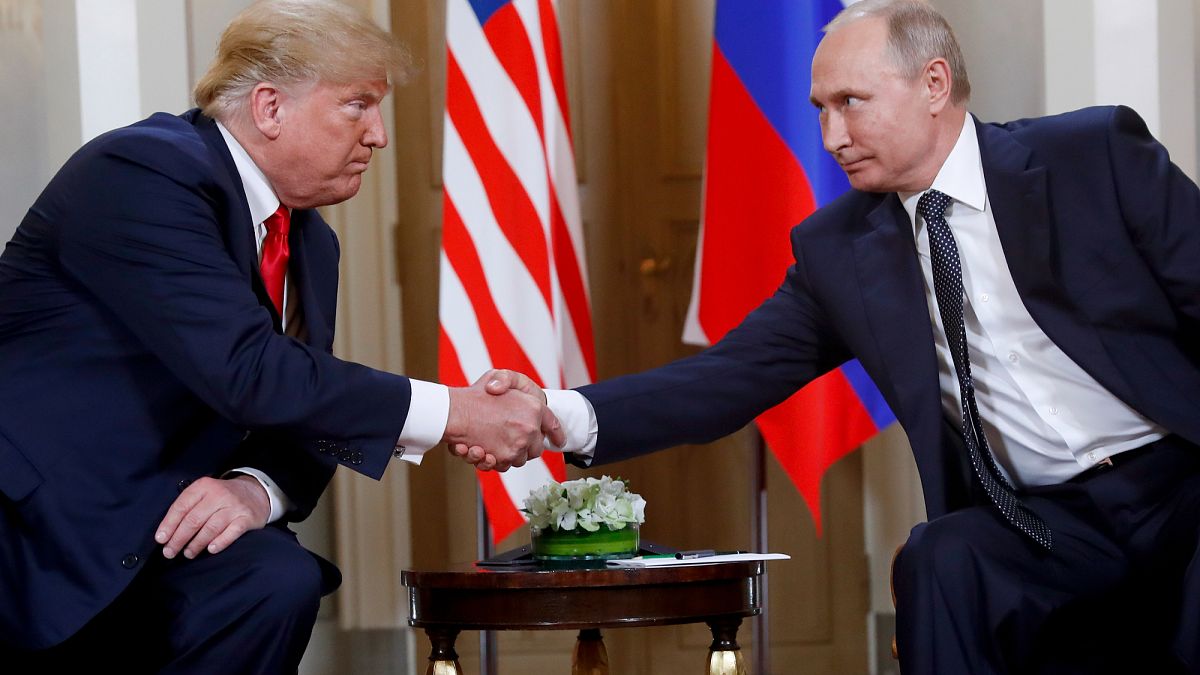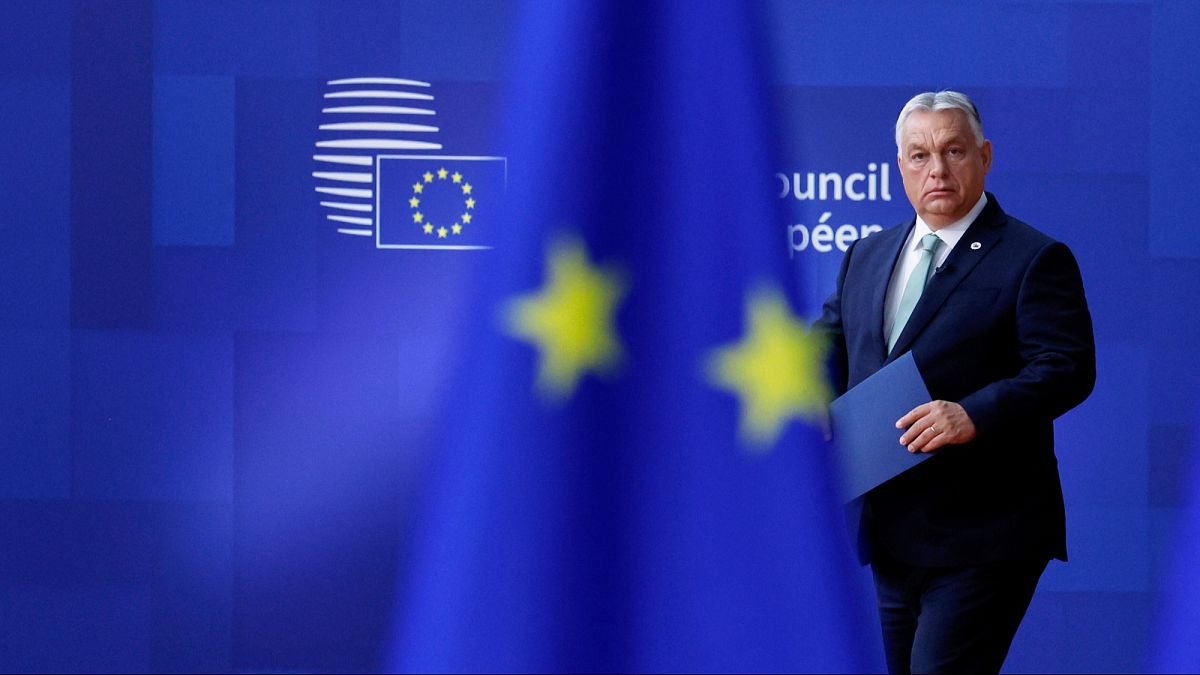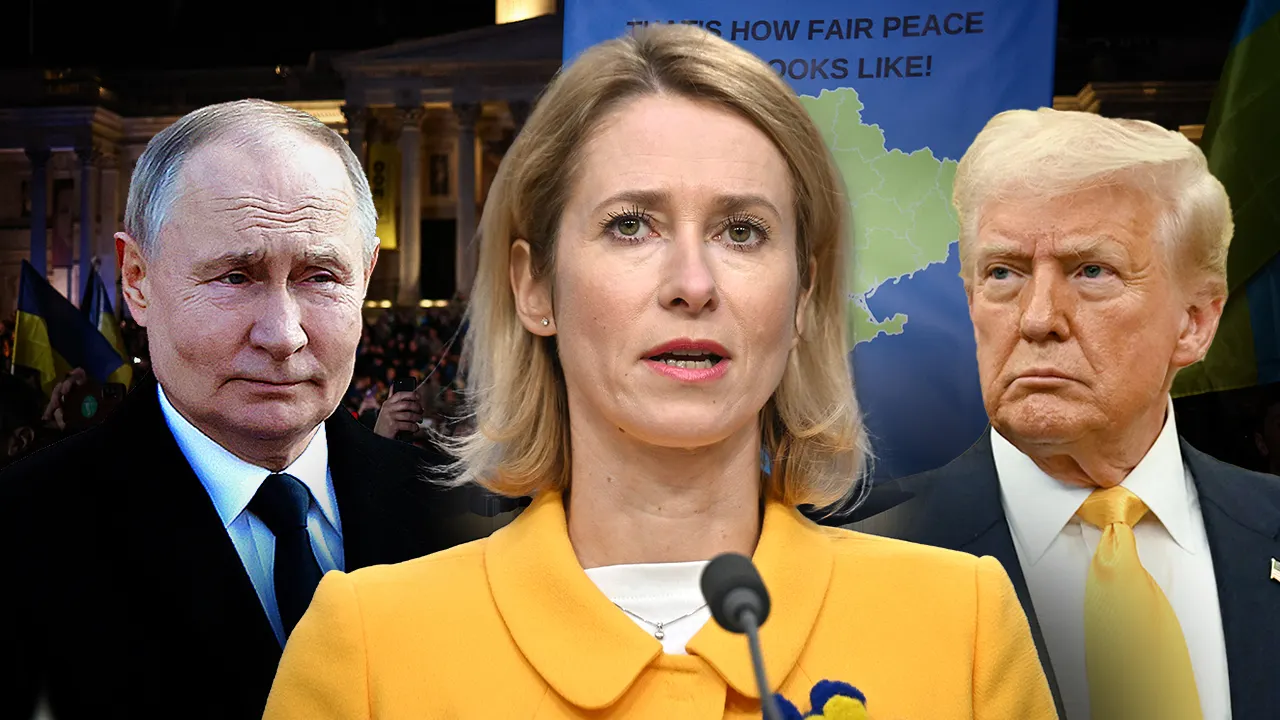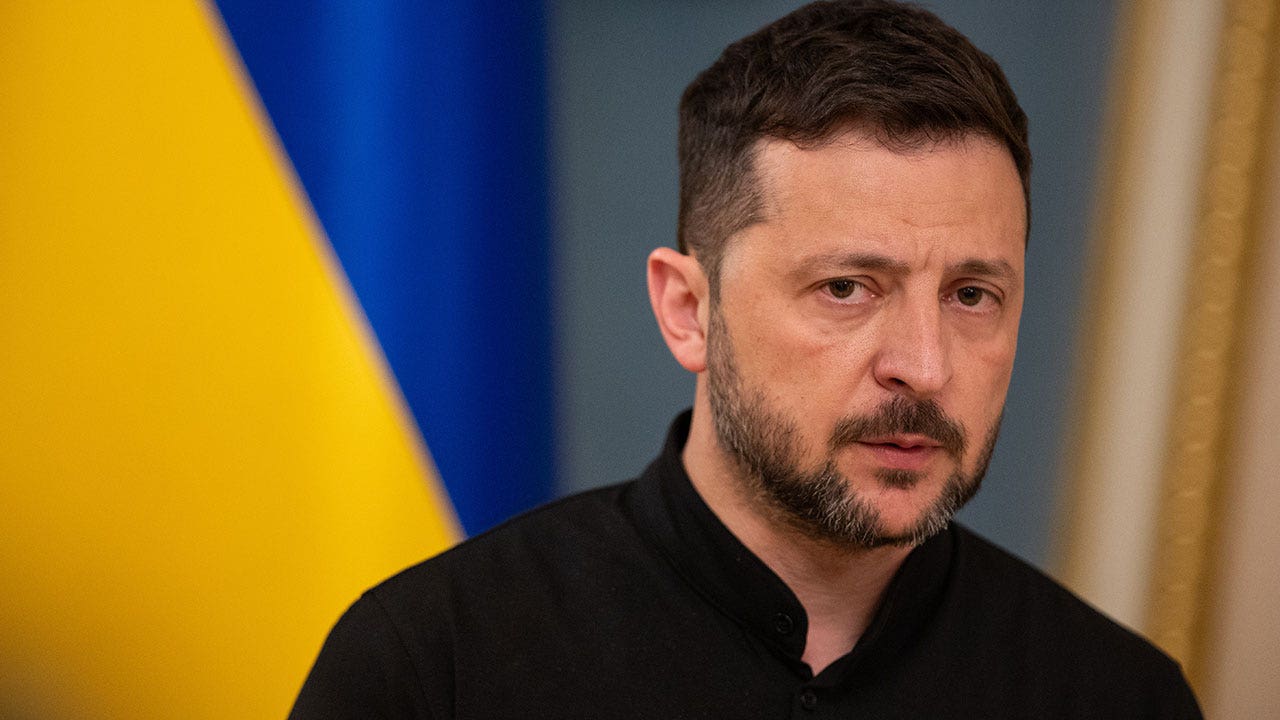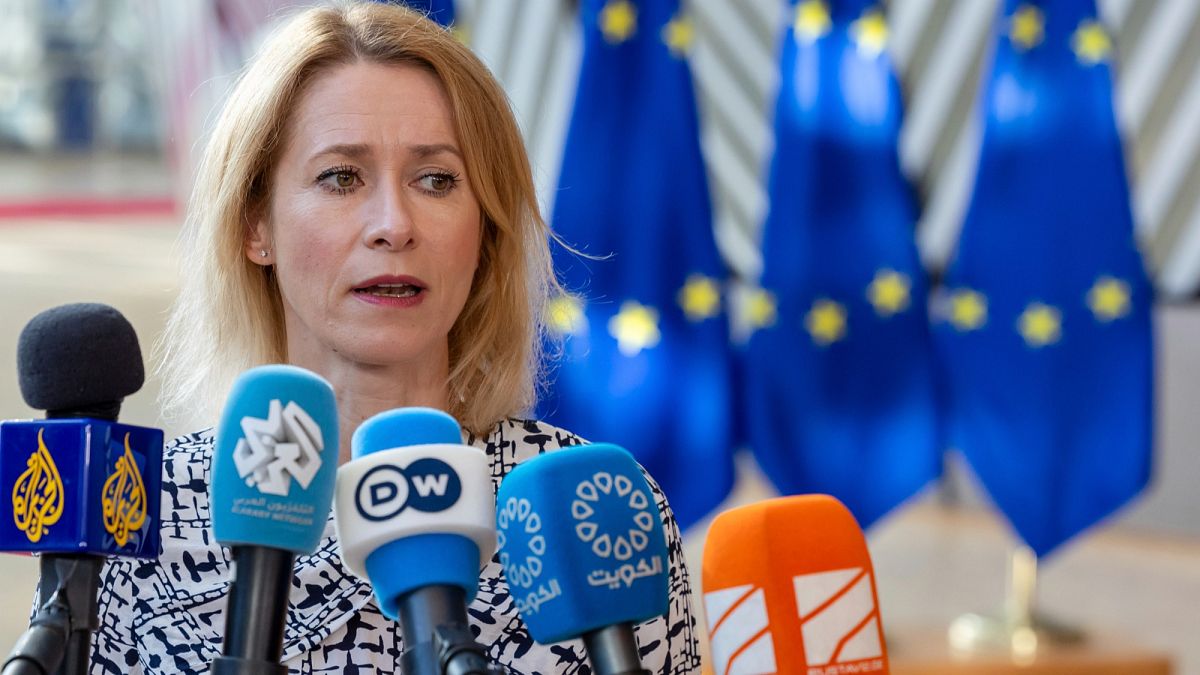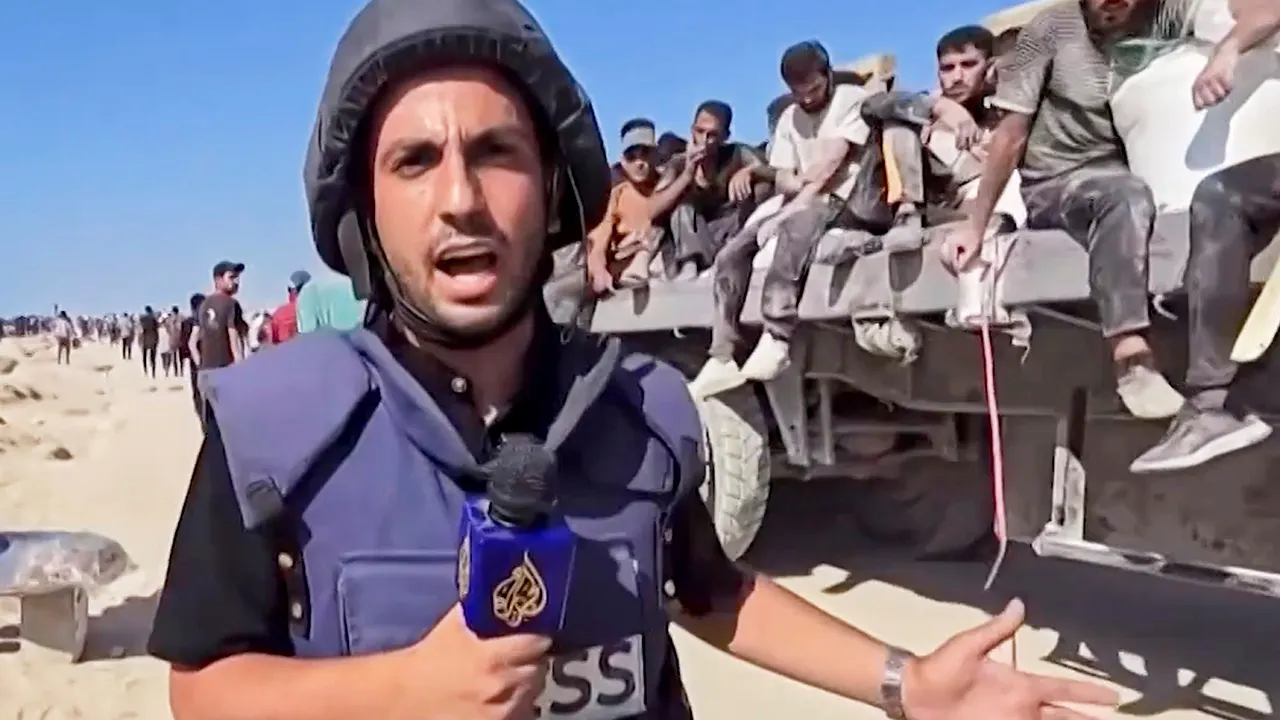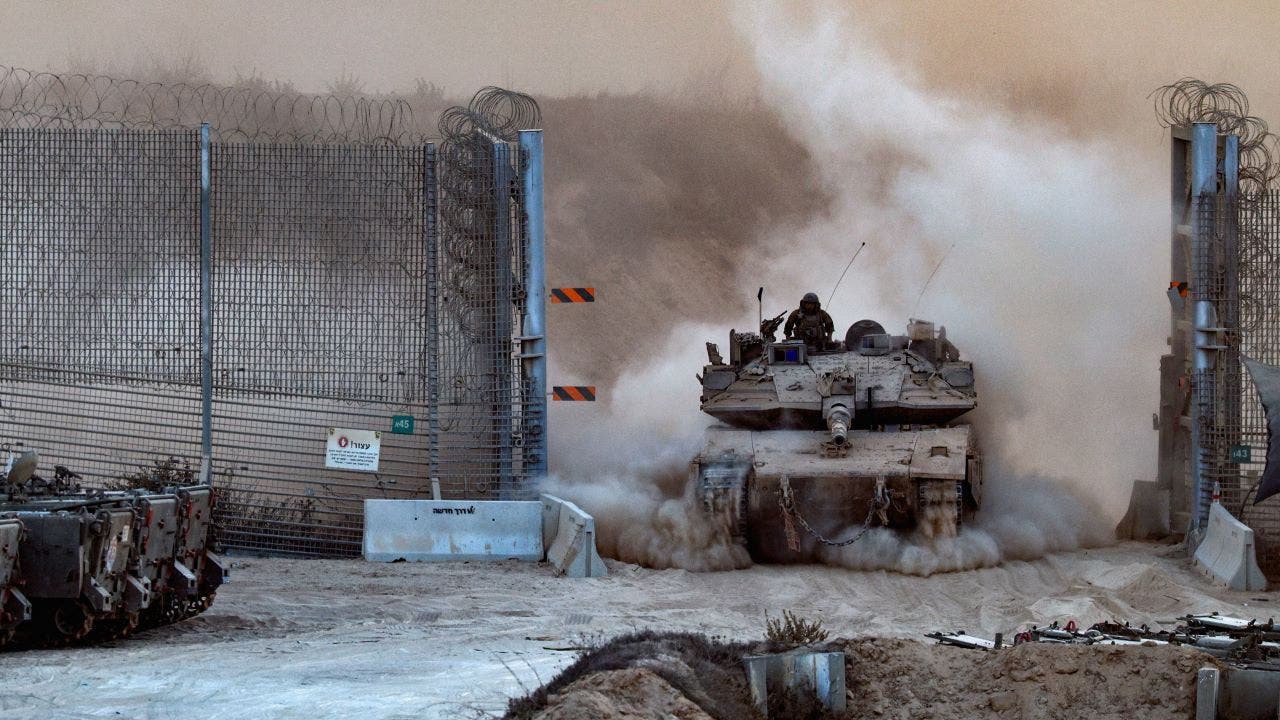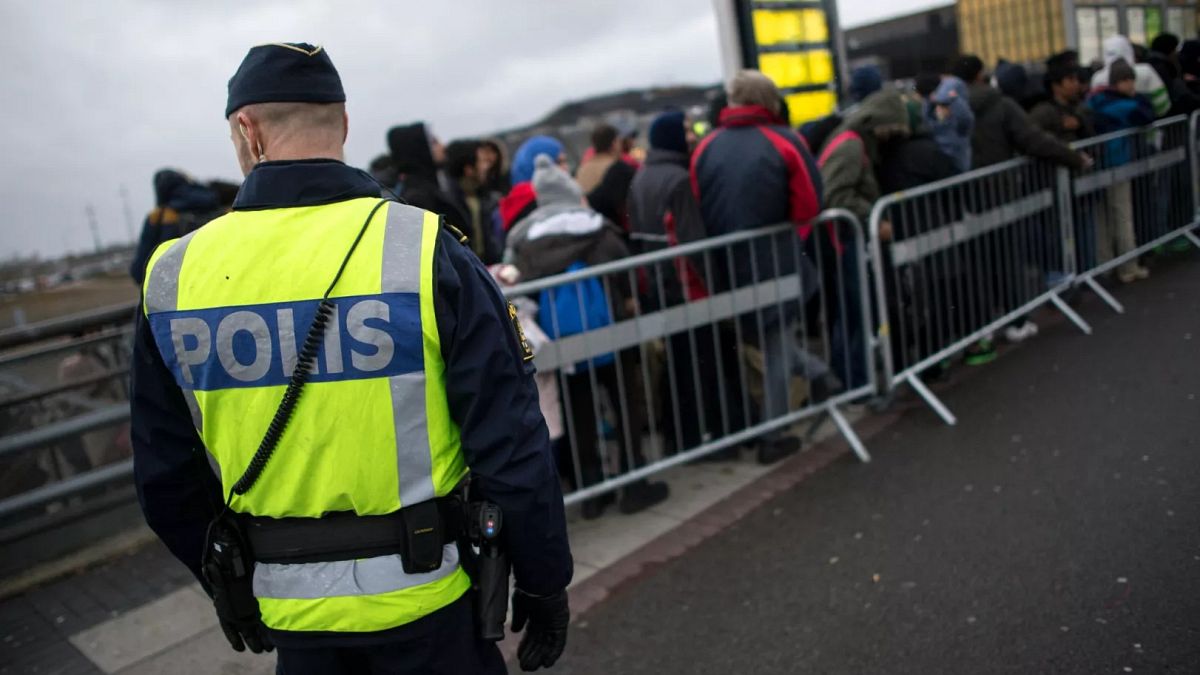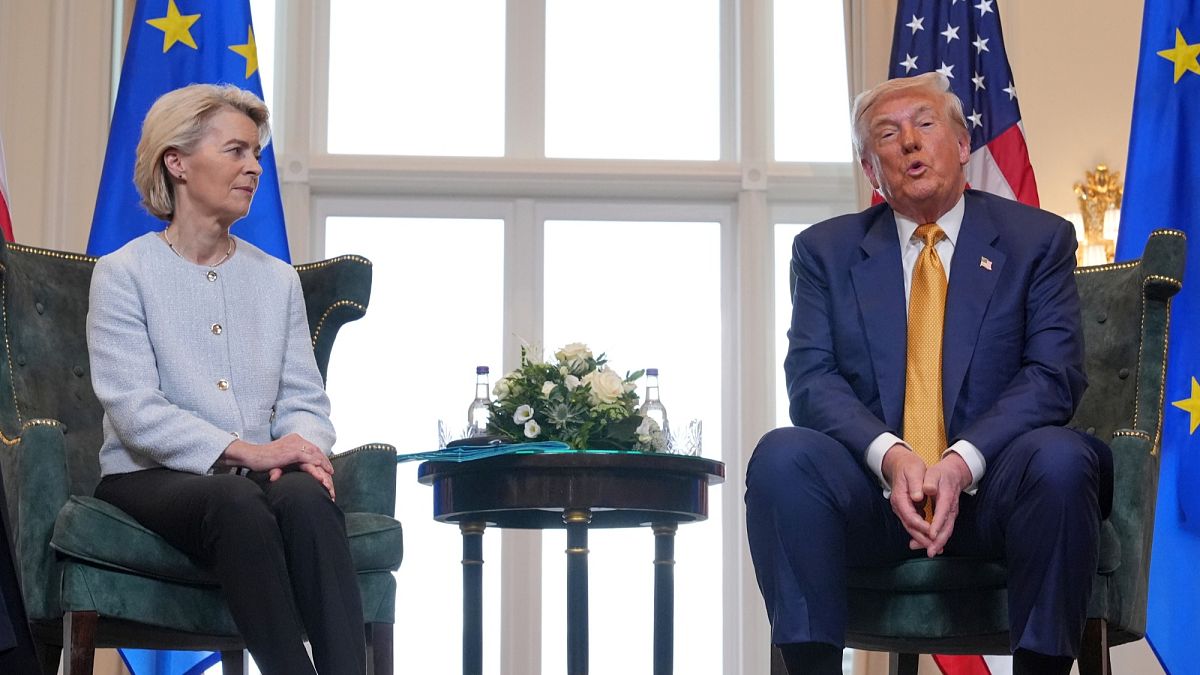Published on
ADVERTISEMENT
Europe’s sidelining from the Alaska meeting of US President Donald Trump and Russian President Vladimir Putin means the continent’s been frozen out of a meeting critical to its security, according to EU law professor Alberto Alemanno.
The proposed Alaska meeting will be the first in-person meeting between the US and Russian presidents since the start of the full-scale invasion of Ukraine by Russia. But there are no plans for European leaders to attend, raising questions about the heft of EU diplomacy on the world stage. For Alemanno, EU law professor at HEC in Paris, this is a clear sign that Europe is being left on the sidelines.
“The Alaska meeting may offer yet another moment of truth for Europe because the European Union finds itself on the sidelines in what could be the most consequential peace effort since the war began, with Trump and Putin set to meet without any European leader officially invited to the table,” Alemanno said.
The professor added that Europe is now concentrating efforts on obtaining a place at the negotiation table for Ukrainian President Volodymyr Zelenskyy. But recent US threats to pull financing from Ukraine’s defence efforts make Europe cautious and conciliatory, the professor said.
“The EU seems to lack leverage in actually inviting the US to be invited or to be heard, simply because we heard from Vice President Vance that the US is ready to give up its support for Ukraine unless the European Union steps in. In a way, the European leaders are caught between a rock and a hard place. If they show too much commitment towards Ukraine, they might end up being alone, but if they let it go, Ukraine is going to get a very bad deal,” he said.
Europe’s dependence on the US for defence makes it vulnerable
The professor added that Europe accepts subjugation with a view to obtaining security guarantees from Trump.
“This is extremely tricky and frustrating to see for millions of Europeans who would like to see their European leaders speak with a louder voice instead of accepting, yet again, more impositions, more intimidations, more subjugation to this US administration in a moment in which this negotiation could fundamentally reshape European security without meaningful European input.”
Jacob Kirkegaard, an expert at the Bruegel think tank, agrees that Europe is paying the price for its relative weakness on defence.
“We are paying the price of our inability to defend ourselves and our inability to adequately support Ukraine. And that means that when you don’t have actual power, you will not be invited to this meeting,” Kirkegaard said.
US-Russia deal needs Europe’s approval
He added that even if Trump and Putin come to terms, these cannot be implemented against the will of Ukraine and Europe. Kirkegaard also said any deal that might harm the security interests of Europe would damage NATO.
Kierkegaard said that if the US – as the principal security power of NATO – signs a deal advantageous to NATO’s direct military antagonist Russia, “then NATO is dead, finished… it’s buried and it’s over”.
“Our problem is that we are not capable… to deter Russia on our own,” he added.
Ahead of the talks, Donald Trump said that a ceasefire deal might involve the exchange of territories between Ukraine and Russia, a suggestion roundly rejected by Zelenskyy and strongly resisted by European leaders in a statement issued on Sunday.
The EU’s top diplomat Kaja Kallas, convened a snap, informal virtual meeting of EU foreign ministers on Monday to discuss the situation.
Read the full article here




